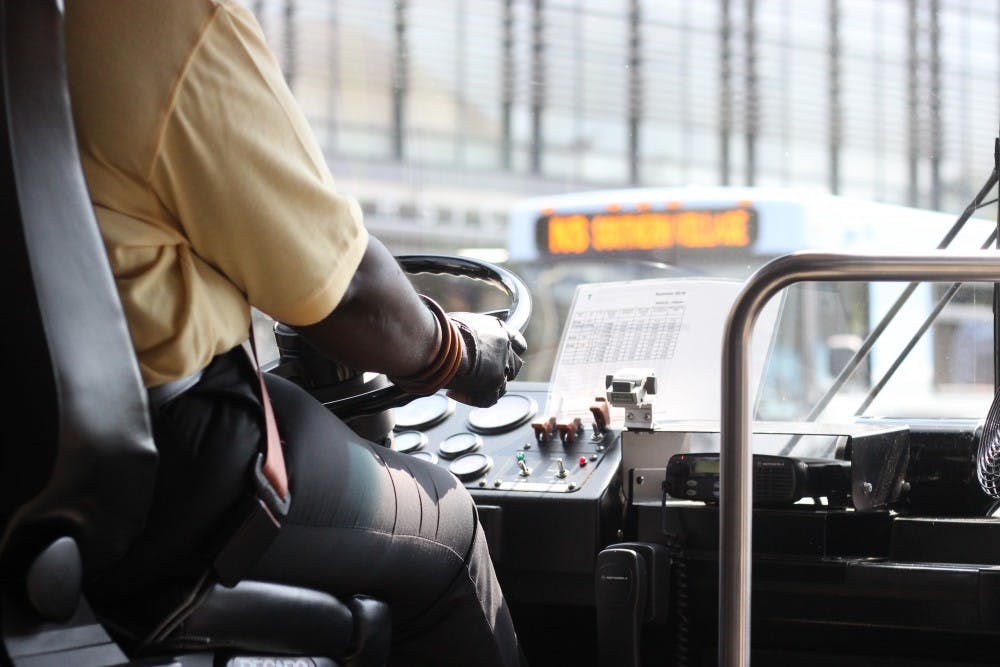Chapel Hill Transit plans to add three electric buses to its 93 bus fleet to lower emissions and improve local air quality.
The fleet has transitioned to greener practices in previous years, with 29 of the buses being diesel-electric hybrids and over half using emissions technology that scrub nitrogen oxides and particulates from exhaust.
Moving to electric buses, however, is a large and expensive task.
The pilot project will cost $3 million and will largely be funded by the Federal Transit Administration and the three Chapel Hill Transit funding partners: the towns of Chapel Hill and Carrboro and UNC.
The UNC student-run Renewable Energy Special Projects Committee (RESPC) also provided $380,000, or roughly the difference in cost between a traditional diesel bus and an electric bus.
“We think this is an important step in the direction of moving away from diesel buses and minimizing even more the use of fossil fuels,” Chapel Hill Transit Director Brian Litchfield said.
Despite the high upfront costs, Chapel Hill Transit said it will likely save in the long run because of reduced maintenance and fuel costs.
Electric buses do not do away with fossil fuel emissions entirely since their power source, the electric grid, is partially fueled by fossil fuels. Still, the electric grid uses clean energy sources in addition to fossil fuels.
Adam Long, greenhouse gas specialist said one of the biggest benefits of electric buses is that they transfer emissions from non-point sources, like vehicles, that are dispersed around the city.




